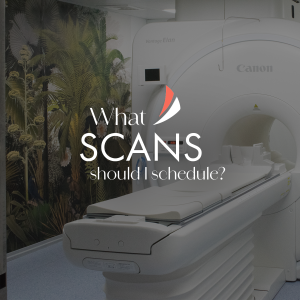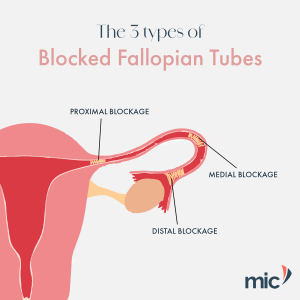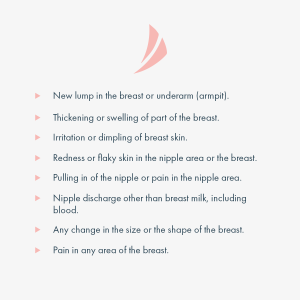Why fibroids cause painful periods

Fibroids are benign tumours in the uterus that can significantly contribute to painful periods. One reason for this is the elevated levels of prostaglandins, naturally occurring chemicals in the body that promote inflammation and pain. When you have fibroids, these prostaglandins can lead to increased inflammation in the uterus and heavier menstrual bleeding. Uterine Fibroid Embolisation (UFE) is a minimally invasive procedure designed to treat fibroids by blocking the blood vessels that supply them. This effectively shrinks the fibroids and alleviates symptoms. If you have been diagnosed with fibroids and would like to learn more about UFE, please send us a message online or visit our website








